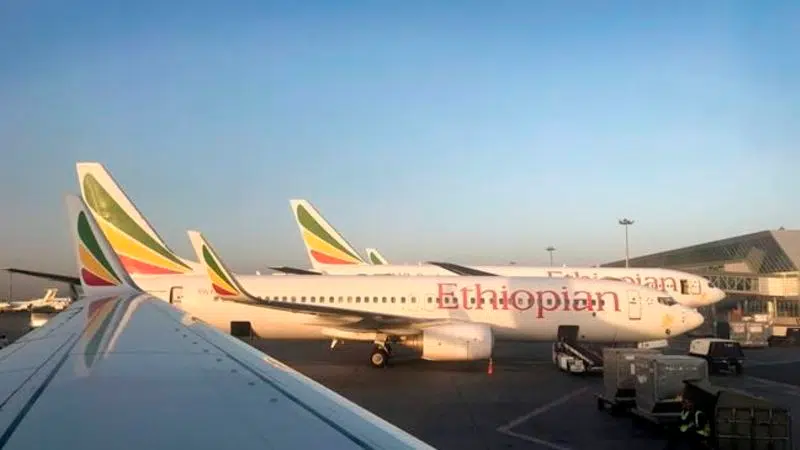
Indonesia offers to assist in Ethiopia crash investigation
BEIJING — China’s civilian aviation authority ordered all Chinese airlines to ground their Boeing 737 Max 8 planes indefinitely on Monday after one of the aircraft crashed in Ethiopia.
The Civil Aviation Administration of China said the order is to take effect by 6 p.m. (1000 GMT) Monday.
It said the order, issued Monday morning, was “taken in line with the management principle of zero tolerance for security risks,” because the crash was the second after another of the planes fell into the ocean off the coast of Indonesia in similar circumstances on Oct. 29, killing all aboard.


